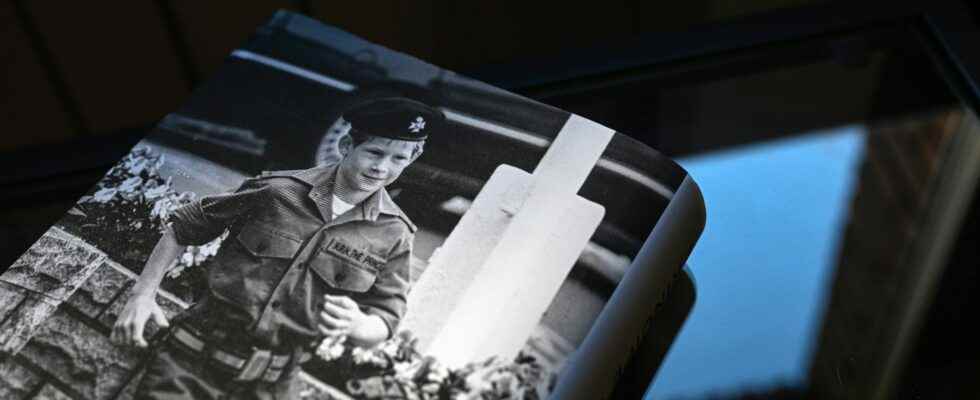Since Prince Harry’s book was put on sale too soon by a Spanish bookstore, the crispiest passages have flooded the world press. Spare, it is his title: in French, the substitute, the substitute, the one who is left on the bench (and who, in this case, will remain there permanently). We must therefore expect the complaints of the eternal second and the remonstrances of the reprobate.
This is what the book contains, with a dose of gall that seems able to satisfy the ambient voyeurism. We will not add more here. This book will make even more irreconcilable those who defend the monarchy against the repeated assaults of Meghan and Harry and those who rejoice that the shortcomings of this regime and this family are finally exposed. In other words, once again, this controversy around the crown of England will be made a political reading, with sociological and moral overtones. However, reading the leaks published in the world press such as the documentary produced and broadcast by Netflix on the Sussex couple lends itself to a completely different reading.
Obviously, Harry is fascinated by only one thing: death. In recounting his deflowering, he recounts the (symbolic) death of the young man he was, with many details that speak of the violence of this passage, but in recounting against all intent the deaths he suffered in Afghanistan as a British officer, he evokes the barely restrained enjoyment of giving a real death. Another death, that of his fraternity with William, of which he constantly exposes the tears and, finally, the disappearance of which this book is the epitaph.
When the famous passage is broadcast where Meghan mocks Buckingham’s protocol and in particular the reverence for the Queen while her mourning is not yet complete, it is not only the etiquette that is trampled on. , but the deceased who is reduced to ashes. In general, Harry seems magnetized by what trivializes, degrades, lowers, because he knows that the only legitimacy of his family has ended up resting on the dignity and the seriousness that we attribute to them or with which they can still trying to discharge their charge. No way is more sure to make them disappear than to methodically shear this dignity and hollow out this gravity.
Lady Diana’s Shadow
At the heart of this taste for what rots and dies, is naturally the figure of his own mother. She is, in this book, the only figure he tries not to bury in his tomb, but to bring back to life – through a medium who establishes contact with the beyond. It is then that it is a question of life and not of death; the medium tells Harry that his mother, from her empyrean, is glad that he is living the life she did not want to live. And yet, despite this promise of life, here he is injecting massive doses into his veins of the poison that killed him: the lights of the media, the fascination with the nothingness of the tabloids, assisted suicide by way of magazines people.
Spare then resounds in its literal sense: the one who has been spared, that is to say the survivor. Stunned to still be of this world despite his obsession with the abyss, Harry does not stop rushing there but the courage only seems to come to him if it is a matter of public self-destruction, of which his wife would be the smiling officer. The discomfort that we feel, however French and Republican we may be, has in reality nothing to do with the respect that we can, to varying degrees, feel for the crown of England. This is not to discuss any political or psychological truth of Harry’s story. Simply, there is something tragic in seeing, as in a slow motion movie, a young man going to meet his loss, with a bitter joy, as if of all the disappearances that fascinate him, his was by far the most desirable.
In Carthage, children were sacrificed in the flames of Moloch to conciliate the irritated gods (Flaubert speaks of this in salammbô). To read and listen to Harry is to have the feeling of living an expiatory sacrifice which one does not know if it is voluntary or moved by some hidden hand. One thing is certain, the contemporary violence of the media Moloch has nothing to envy to the Carthaginian idols.
